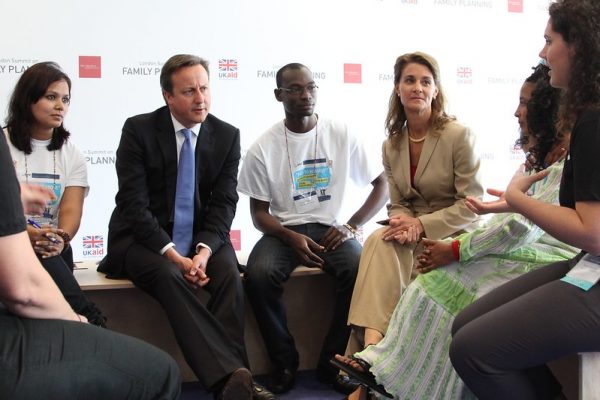
Supporters of global family planning initiatives argue these programs can empower women in (mostly) low-income countries by giving them options to control their reproduction. New research shows that the structure of these programs may actually constrict women’s choices.
Leigh Senderowicz conducted 49 in-depth interviews with women in a low-income sub-Saharan African country that is engaged in a variety of family planning initiatives. These initiatives are part of the global FP2020 initiative — its goal is to add 120 million contraceptive users worldwide by the year 2020. The focus and structure of these initiatives shape how health clinics operate and how providers interact with patients. For example, health centers are evaluated based on national- and district-level quotas for contraceptive uptake. Providers can only get “credit” towards these quotas if a patient accepts a form of contraception, not if providers inform the patient about contraceptive options and the patient declines. In other words, the structure of the programs incentivize providers to convince patients to use contraception.
In turn, providers use a range of coercive tactics to convince women to use contraception. On one end of the spectrum, providers offer a limited selection of contraception options to patients. In this study, the most common forms were contraceptive pills, implants, and injectables. Instead of tailoring the method to a patient’s specific needs, providers primarily emphasized the advantages of a few long-term contraceptive methods without giving other options, and sometimes even failed to disclose risks of use. Few women in this study were ever told about barrier methods, IUDs without hormones, or fertility-based awareness methods.
Providers also used more overt forms of coercion, like threatening to deny women future care and refusing to remove an IUD at one woman’s request. These actions do the opposite of empowering women through introducing contraception as one option of many. Instead, these family planning initiatives’ focus on quotas meant that contraception was the only option.
